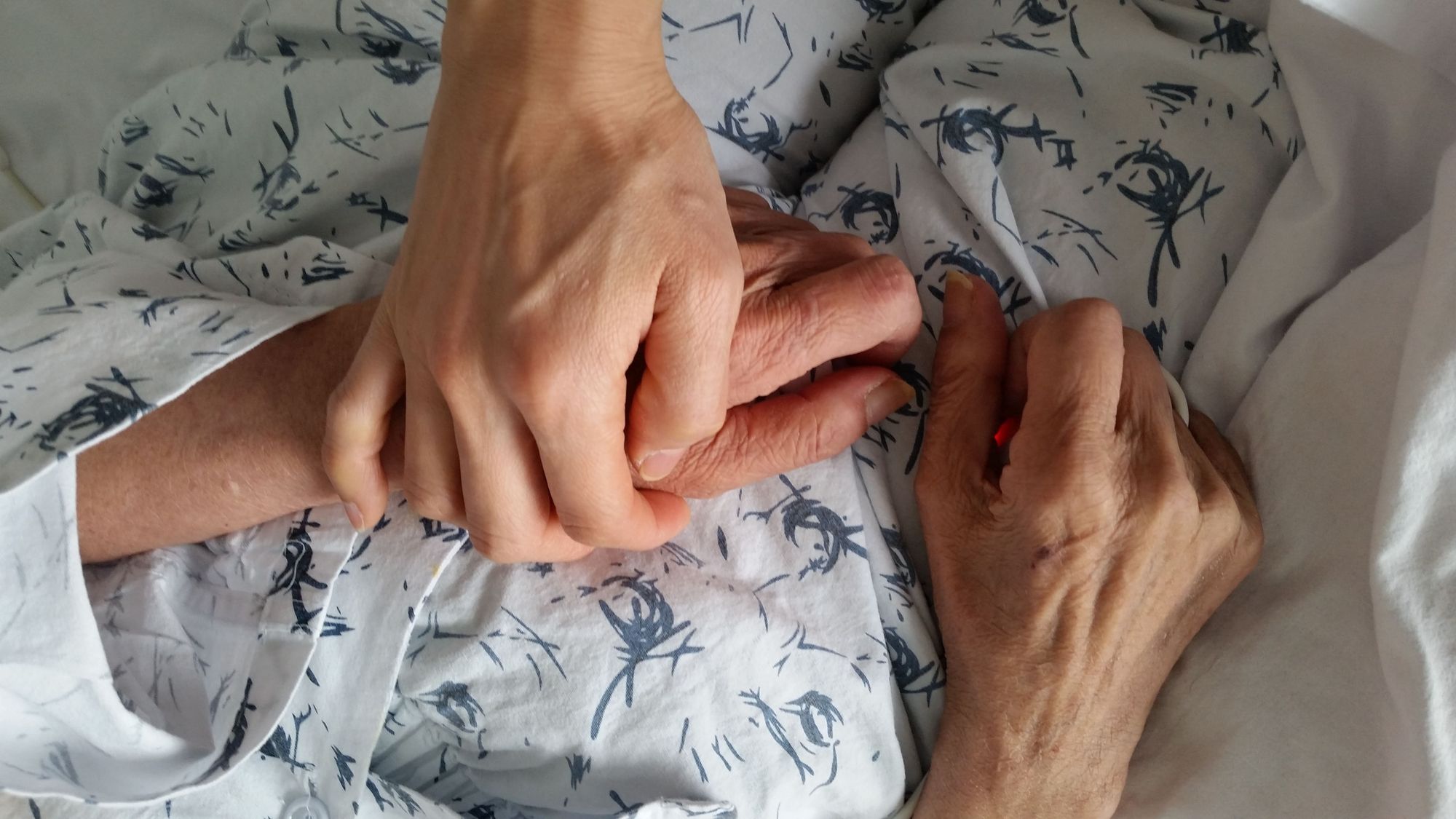Why appointing a Medical Decision-Maker can be a matter of life or death. Literally.
More often than not, we overlook the very real scenario of not being in the physical or mental state to make our own choices in a medical emergency. The following article looks at some compelling reasons as to why we need to appoint a medical decision-maker sooner rather than later.

When we think of end-of-life matter, one usually jumps straight to the event of death as the natural consequence of no longer having decision making capacity. However, this is not the case.
What does it mean to no longer have decision-making capacity?
According to Better Health Victoria, reasons to have a medical decision maker (and by implication, no longer have decision-making capacity) may include the following examples:
- acquired brain injury
- cognitive (thinking) impairment
- unconsciousness
- inability to communicate (for example, after suffering a sever stroke)
- dementia
- if you do not want life support at a certain point in an illness or after an accident
- if you are worried you may be injured performing a certain activity, such as playing a high-contact sport.
This is where appointing a Medical Treatment Decision Maker or Enduring Power of Attorney becomes important, rather than a nice-to-have. Here are some compelling reasons why:
- Don't leave it up to strangers who don't know you. Choose who manages your financial, personal and medical treatment.
- Make sure it's left to someone, rather than no one. When this is not done, there is no one that has the legal authority to make important decisions regarding medical treatment on your behalf. This can be extremely complicated and stressful not only for your loved ones, but for the medical staff that are responsibly for looking after you. Your health practitioner will also need to determine who is responsible for your personal medical decisions.
- Release the burden. Can you imagine how difficult it would be for family and friends who are trying to look after you, and also remain loyal to your wishes? Clarity is a much needed gift at a time like this, instead of letting it be a guessing game filled with uncertainty (and no enjoyment).
- Time delays. In such circumstances, your family or trusted advisers may need to apply to the government authority (for instance, in Victoria, this would be VCAT) for the appointment of an administrator to your Estate. This can cause major delays as well as no guarantee that the person appointment is one you trust and would have chosen to make medical decisions on your behalf.
(Source: Australian Executor Trustees)

How can you use LifeReady to assist you?
Store your Advanced Care Directive in your Vault. LifeReady's My Legacy functionality allows you to securely store a medical Advance Care Directive in your Digital Vault and assign it to your Trusted Party to execute when necessary.
In a few simple steps, you can upload your Record with specific instructions that can be easily accessed by your Medical Decision Maker.
Find out more about an Advance Care Directive.
Are you wondering how to write an Advance Care Directive? Find out how to write one according to the requirements in your State or Territory here.
To keep up to date on the latest product news, make sure you subscribe to LifeBlog.
If you would like to learn more about how LifeReady can help you organise, store and share your important life information, or to try out our platform contact us here: lifeready.io.
